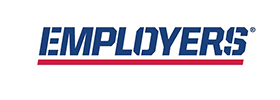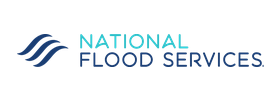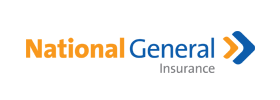We are currently in what is known as a hard market, which impacts both insurance companies and consumers in a variety of ways. As insurers work to offset growing costs, policyholders across the country are experiencing higher insurance premiums and deductibles, more stringent underwriting criteria, and are even receiving nonrenewal notices due to factors beyond their control. While a hard insurance market presents a unique set of challenges, it is important to remember that you do not have to face them alone.
Why are we in a hard market?
Supply chain issues are a leading cause as it takes longer to repair or replace damaged property, and the costs for materials continue to increase, driving the pricing even higher. Plus, larger and more frequent catastrophic weather events put additional pressure on insurers, as we see an increase in both the quantity and cost of claims. Social inflation, the willingness of jurors to award largely unexpected sums of money at trial, is forcing insurers to settle claims they may have traditionally taken to trial. All of these factors have caused insurance rates to increase.
I have not filed any claims through my insurance. Why are my premiums increasing?
Premium increases are not only tied to a specific customer’s coverage, but to the overall insurance market. As a result of rapidly increasing catastrophic losses and larger jury awards, the cost of claims for insurers has risen. Also, there is less competition as several insurance companies have withdrawn from the market, limiting consumers’ ability to shop around. These factors contribute to rising insurance premiums.
How long will this hard market last?
Hard markets are cyclical and we are unsure how long this one will last. They vary in length and severity based on prevailing economic challenges, inflation rates, and the types of insurance affected. A hard market will begin to “soften” as premiums rise and bring more capital back to the insurance market. While it’s difficult to predict exactly when this shift will occur, staying informed and working with your South Carolina Federal Insurance Solutions advisor can help you navigate these fluctuations.
How can my insurance advisor help me in a hard market?
Insurance Solutions advisors have the knowledge, experience, and resources to help you navigate the current market conditions. As an independent insurance agency, we work with multiple insurance companies and can provide information on all available coverage options for your unique situation.
How can I get a better rate on my policy?
It is always a good idea to review your policy with your advisor to better understand your coverage limits and deductible amounts. Sometimes, another insurance company may offer a cheaper rate. Before switching, let us review the quote to ensure that you aren’t losing coverage that you may need in the event of a large claim. Since your life changes over time, our advisors recommend an annual review of your insurance policies.
Investing in risk management strategies can reduce your exposure and make you more attractive to insurers. There are a variety of protection devices you could put into place to help mitigate claim exposures, such as a central fire and home security system, a permanently installed backup generator, a temperature monitoring system, or a water leak detection system. Installing these systems could garner additional discounts to your policy.
Our experienced insurance advisors can help you understand the current market and review your current policies. Give us a call at 833-359-0725 or email us for information.
Source: Trusted Choice Agent Toolkit: Navigating Client Communications in a Hard Market





























